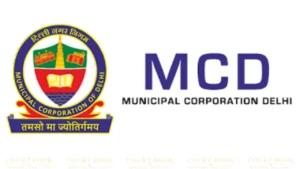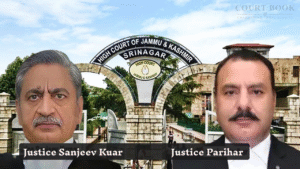Advertisement
Trending Stories
Latest news
See More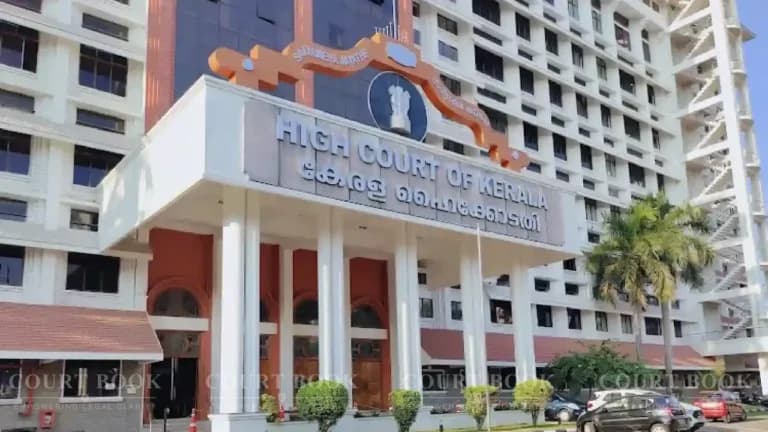
Kerala HC Says Guilty Plea in Criminal Case Not Final Word in Accident Claims, Restores Owner’s Right to Lead Evidence
In a significant ruling on motor accident compensation cases, the Kerala High Court has clarified that a driver’s guilty plea in a criminal case cannot automatically fix negligence in a claim before the Motor Accidents Claims Tribunal.
Read also:- Madras High Court Judge Recuses in CBI Case After ₹50 Lakh Bribery Allegation Letter Sent to Centre
Advertisement
Supreme Court Updates
See More
Supreme Court Rules Spectrum Is National Asset, Says Insolvency Code Cannot Wipe Out Govt Telecom Dues
In a significant ruling that could reshape the telecom and insolvency landscape, the Supreme Court has held that telecom spectrum remains a national asset held in public trust and cannot be treated as a private asset during insolvency proceedings.
Read also:- Bombay HC Disposes Unmarried Woman’s Abortion Plea, Cites Supreme Court Ruling on MTP Rights
Advertisement
High courts Updates
See More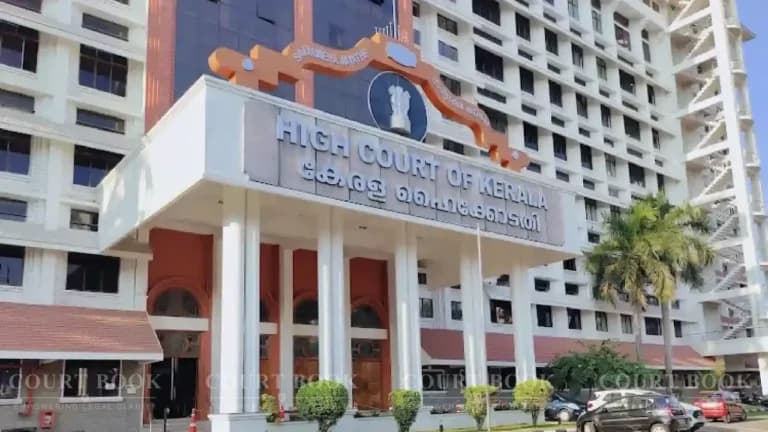
Kerala HC Says Guilty Plea in Criminal Case Not Final Word in Accident Claims, Restores Owner’s Right to Lead Evidence
In a significant ruling on motor accident compensation cases, the Kerala High Court has clarified that a driver’s guilty plea in a criminal case cannot automatically fix negligence in a claim before the Motor Accidents Claims Tribunal.
Read also:- Madras High Court Judge Recuses in CBI Case After ₹50 Lakh Bribery Allegation Letter Sent to Centre
Advertisement
Latest Judgment
See More
Kerala HC Says Guilty Plea in Criminal Case Not Final Word in Accident Claims, Restores Owner’s Right to Lead Evidence
In a significant ruling on motor accident compensation cases, the Kerala High Court has clarified that a driver’s guilty plea in a criminal case cannot automatically fix negligence in a claim before the Motor Accidents Claims Tribunal.
Read also:- Madras High Court Judge Recuses in CBI Case After ₹50 Lakh Bribery Allegation Letter Sent to Centre
Consumer Cases
See more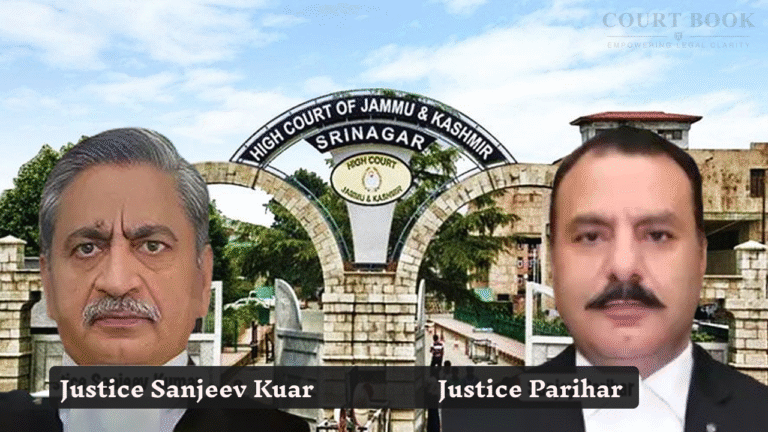
J&K High Court upholds flood compensation for Srinagar family, dismisses insurer’s appeal over undisclosed exclusion clause in house damage claim
At the Srinagar wing of the Jammu & Kashmir and Ladakh High Court, a bench comprising Justice Sanjeev Kumar and Justice Sanjay Parihar on Thursday dismissed an appeal filed by National Insurance Company Limited. The insurer was seeking to overturn a compensation award granted to a family whose home was damaged during the devastating 2014 floods.
The case originates from a policy taken by late Shad Mohd Bashir, whose residential house at Sarai Payeen, Amira Kadal, Srinagar, had been insured since 2009. Though the policy was renewed annually, the company later claimed that it excluded flood and similar storm-related risks - referred to in technical jargon as “STFI” (Storm, Tempest, Flood, Inundation).




























